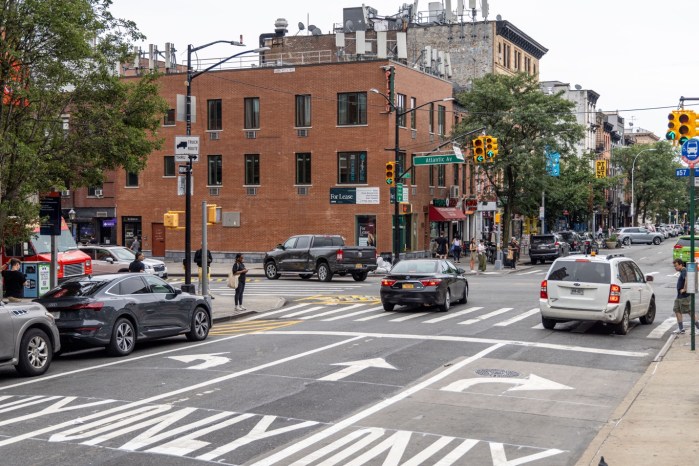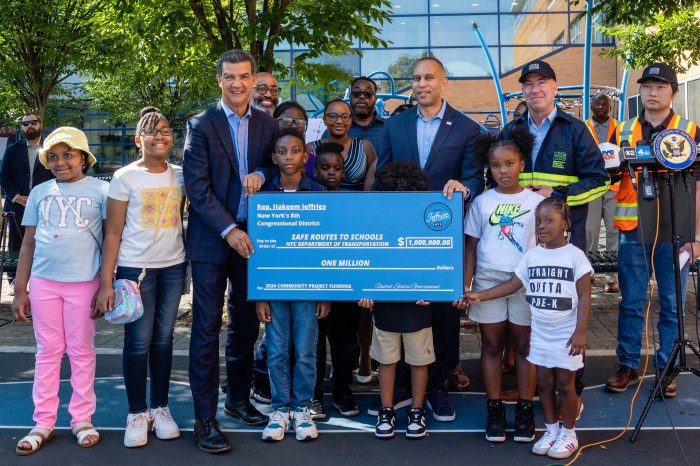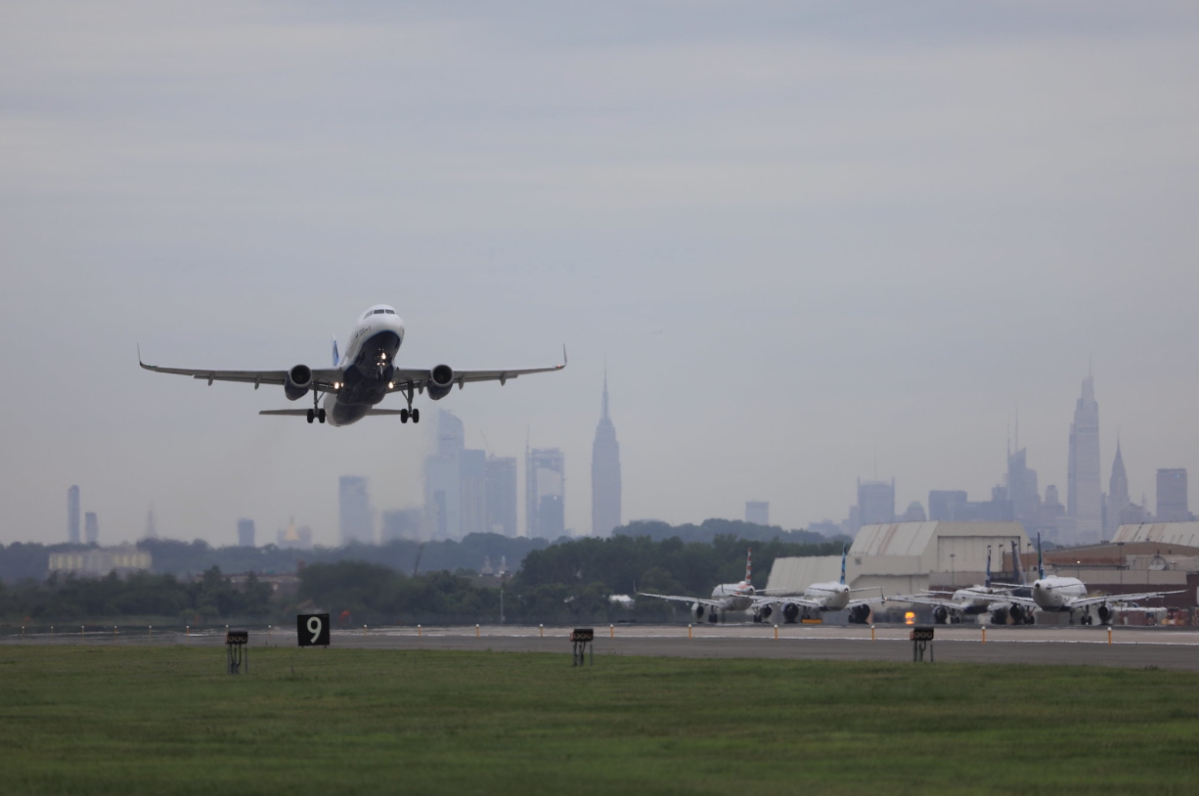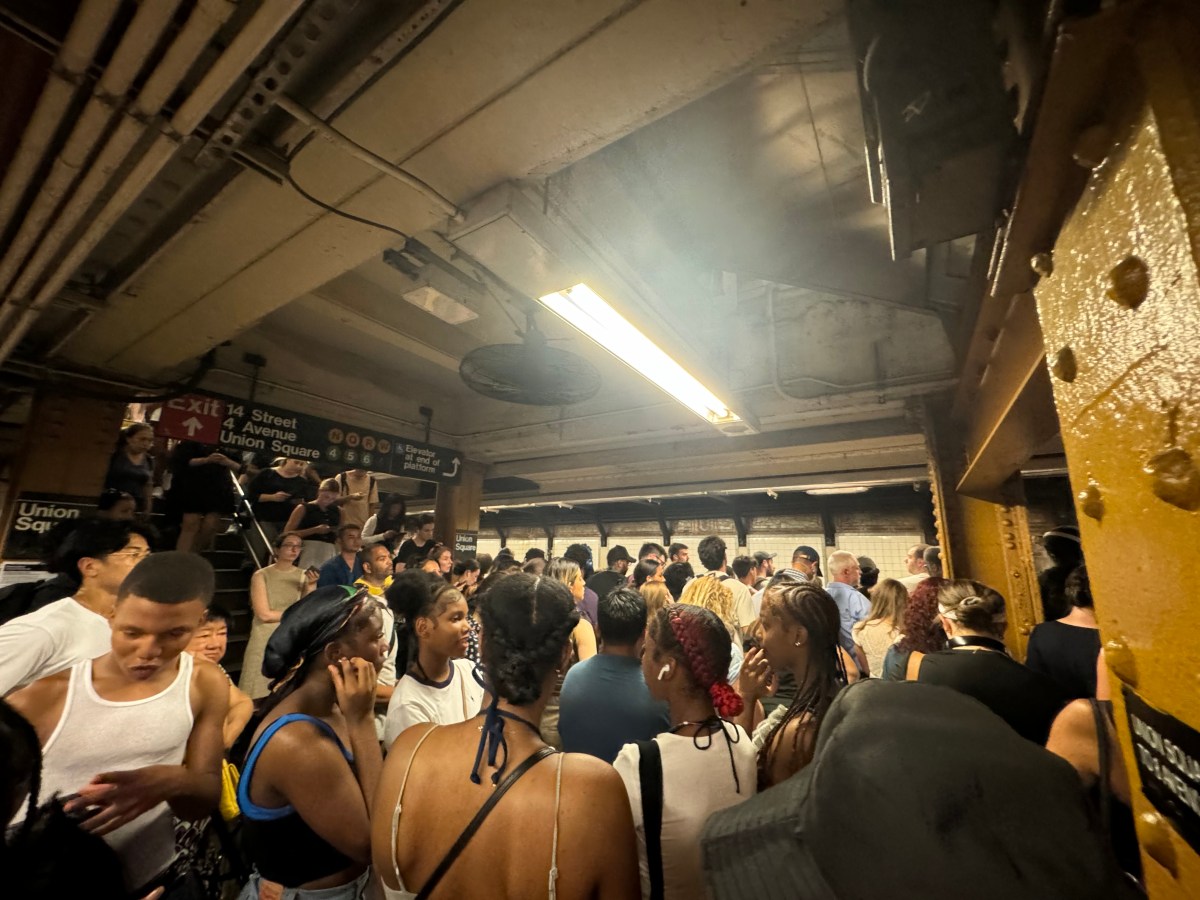It’s wheel-y happening!
Mayor DeBlasio on Monday announced a ban on all cars inside Prospect Park from July 17 to Sept. 11, and while the administration described the embargo as temporary, local leaders who support a vehicle-free meadow said they are optimistic that the seasonal restriction is a prelude to full-on prohibition.
“Hopefully, it will lead to a permanent closure,” said Eric McClure, Chairman of Community Board 6’s Transportation Committee. “I and many others have felt for a long time that the park should be completely free of cars, and doing a trial closure to measure the effect is great idea.”
The ban — which will begin Prospect Park’s first-ever entirely car-free period — temporarily eliminates a two-hour window that allows Downtown-bound drivers to zip up the park’s East Drive from 7 to 9 am on weekday mornings to circumvent rush-hour traffic. It follows the mayor’s 2015 decree that pulled vehicles from the meadow’s West Drive, which let Coney Island-bound motorists cut through Brooklyn’s Backyard during the evening rush and generally saw less traffic than the Downtown-bound route.
Less cars travel on the East Drive in the summer than in cooler seasons — about 300 per hour as compared to 400 per hour in the fall — and the city expects the ban will have negligible effects on streets surrounding the park, according to the mayor’s office.
Studies conducted by the Department of Transportation after West Drive’s permanent closure found that the most affected drivers’ travel times increased by less than a minute, and the agency will hold similar tests to determine how closing the East Drive affects its users’ morning commutes.
DeBlasio’s announcement delighted car critics who have decried vehicles in the park as a crime against nature for more than a decade, according to the head of a group that advocates for alternative transportation, who said he plans on pushing the city to make the temporary prohibition permanent.
“It’s a big move in a much safer direction and our focus now is in making it permanent,” said Paul Steely White, of Transportation Alternatives. “We hope to make a convincing case to the mayor that leaving the park in place for park users is the best policy, and should be the rule, not the short term exception.”
White, who spent a week monitoring motorists on the East Drive with his team earlier this year, said drivers routinely broke the road’s 25-mile-per hour speed limit, creating a hazard for park pedestrians.
The anti-car activists shared their findings with the city, but White said that the temporary ban was more likely motivated by the growing popularity of alternative travel options and an approaching September primary.
“I think politicians understand that this has always been a common sense issue, but now it’s a popular issue,” he said. “Being an election year, no decision are taken lightly.”























